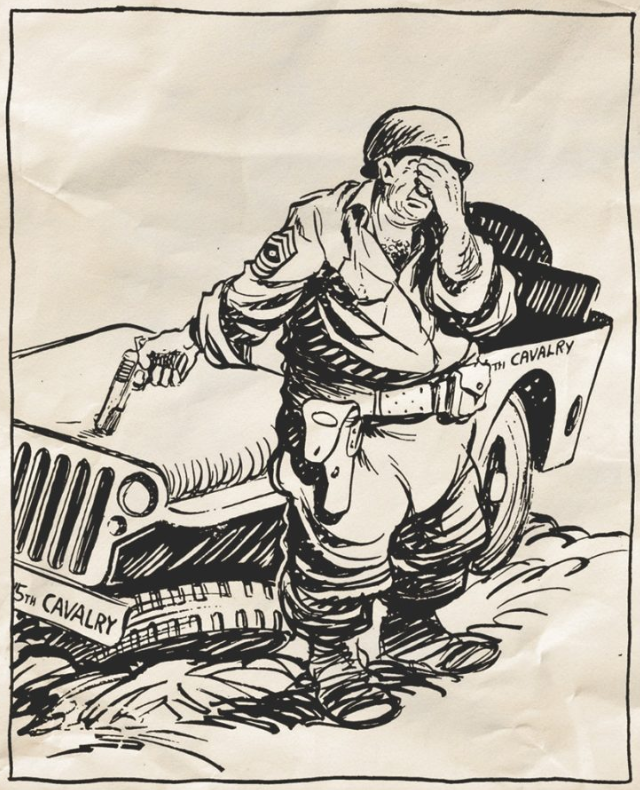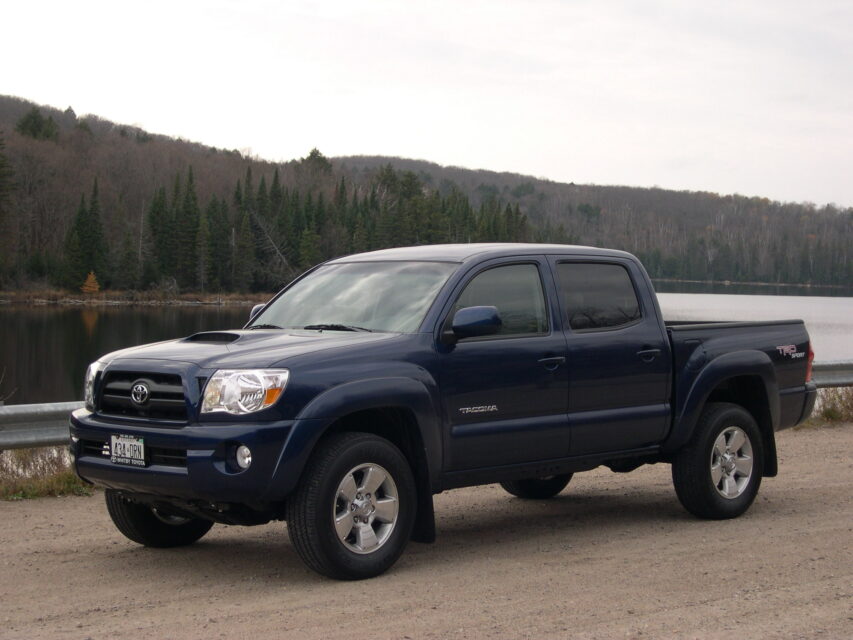David Harsanyi examines the different treatment Toyota is getting from the US government (majority owner of the former #1 US automaker):
The Toyota horror is well on its way to transforming the Corolla into the Pinto of the 21st century. Who knows? Perhaps the worst is true about Toyota. Perhaps it is hiding something. Maybe Toyota thought it was infallible. Maybe it is evil. Right now, though you might not know it, it’s all just a bunch of maybes.
There have been to this point 2,600 reported incidents of “sudden unintended acceleration” reported to Toyota — a company that used to sell 9 million cars yearly, most of them in the United States. This yet-to-be defined glitch — maybe a floor mat sticking — has reportedly caused more than 30 deaths.
What we do know is that anyone involved in a Toyota-driven accident now has a scapegoat. And, if they’re smart, a lawyer.
All of a sudden, Toyotas are dangerous. Edmunds.com, which reviewed more than 200,000 complaints filed with the National Highway Traffic Safety Administration over the past decade, found that Toyota ranked fourth- best among the top 20 automakers in the overall number of complaints per vehicle sold.
General Motors came in six spots lower. Then again, GM is special — or, rather, developmentally disabled. Thus, the U.S. government has the majority stake (with funding extracted from taxpayers) in Toyota’s main competitor. It also has the power to drag the CEO of its chief rival to Washington to nearly badger him into cutting off a pinky in one of those ritual atonement ceremonies.
And while Toyota is being subjected to show trials, what would happen if an American car company had to announce a big recall? No need to wonder:
Then there is the administration. Less than a year ago, Ford — a private, non-government good ol’ American corporation — issued the largest single recall in its long history. A total of 4.5 million vehicles were recalled after it was learned that faulty switches were fire hazards.
At the time, the Obama administration’s overmatched Transportation Secretary Ray LaHood gently prodded customers “to pay attention.” When news of Toyota’s problems began to emerge, before we even knew what it was all about, LaHood told Americans to “stop driving” them. (He later claimed to have misspoke.)
In spite of the media’s best efforts to blacken the brand, I’m still very happy with my Toyota Tacoma. If I had to go and buy another vehicle tomorrow, Toyota would still be my first stop, and would most likely be the brand I’d buy (Honda would be a distant second).





